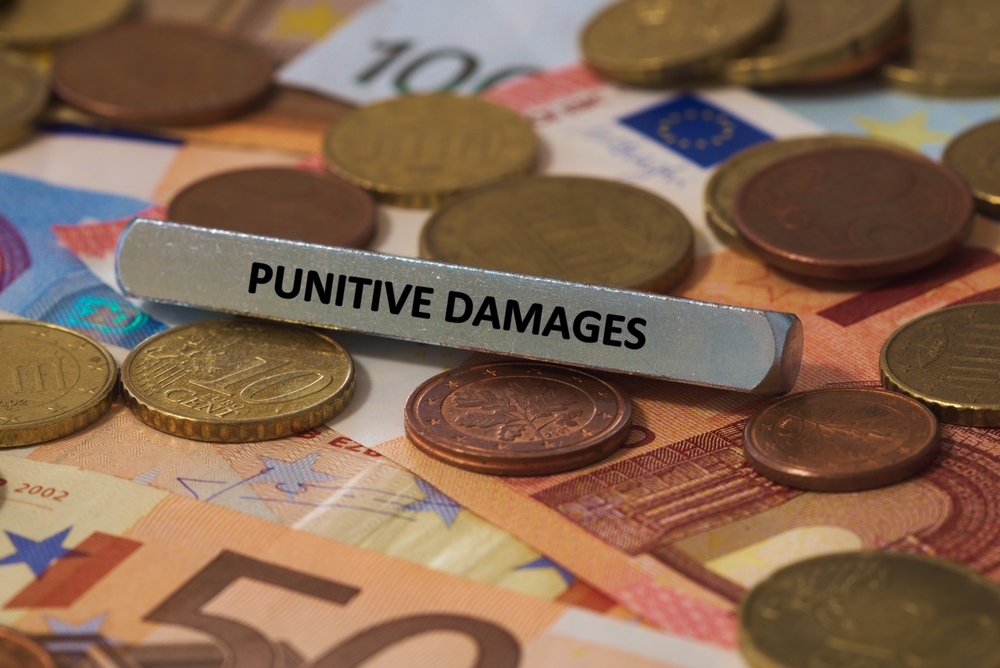Establishing Punitive Damages Against a Corporation

“In Florida, there are two methods for establishing a claim for punitive damages against a corporation: ‘(1) vicarious liability based on the willful and malicious actions of an employee with a finding of independent negligent conduct by the corporation; or (2) direct liability based on the willful and malicious actions of managing agents of the corporation.’” Wells Fargo Bank, N.A. v. Electronic Funds Transfer Corp., 46 Fla.L.Weekly D1824e (Fla. 5th DCA 2021)
In Wells Fargo Bank, a defendant bank was being sued for punitive damages. At the conclusion of the evidence, the defendant bank moved for a directed verdict as to the punitive damages claim. The trial court, however, allowed the issue of punitive damages to go to the jury. The jury found the defendant bank was liable for punitive damages based on the direct liability theory. The defendant bank filed a post-trial motion for judgment notwithstanding the verdict and argued there was no evidence to support the direct liability theory. The appellate court, which reviewed the trial court’s order on the motion for judgment notwithstanding the verdict under a de novo standard of review, agreed. Wells Fargo Bank, supra (“We review an order on a motion for judgment notwithstanding the verdict de novo, viewing the evidence and inferences of fact in light most favorable to the nonmoving party….”).
To prevail on the direct liability theory, the managing agent must have a policy-making position. Wells Fargo Bank, supra. “A ‘managing agent’ is an individual such as a president, primary owner, or other individual who holds a position with the corporation which might result in his acts being deemed the acts of the corporation.” Id. In other words, a managing agent is “more than a mid-level employee who has some, but limited, managerial authority.” Id.
In Wells Fargo Bank, the evidence showed that the direct liability theory was based on an employee who was a mid-level employee. While the employee was part of a team that managed the bank’s account relationships, he reported to a senior vice president, and did not have certain authority on his own. Further, there was also no evidence he was involved in the formation of company policy. For this reason, the evidence did not support an award of punitive damages based on the direct liability theory.
Please contact David Adelstein at [email protected] or (954) 361-4720 if you have questions or would like more information regarding this article. You can follow David Adelstein on Twitter @DavidAdelstein1.




